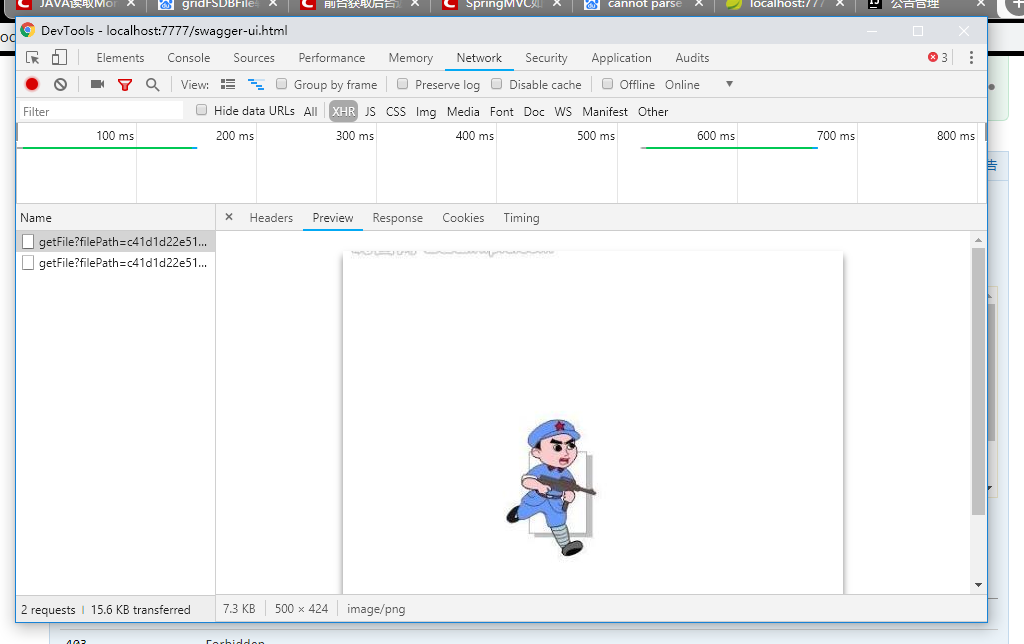I\'m curious why go does\'t implicitly convert []T to []interface{} when it will implicitly convert T to interface{}. Is there something non-trivial about this conversion that I\'m missing?
Example:
func foo([]interface{}) { /* do something */ }
func main() {
var a []string = []string{\"hello\", \"world\"}
foo(a)
}
go build complains
cannot use a (type []string) as type []interface {} in function argument
And if I try to do it explicitly, same thing: b := []interface{}(a) complains
cannot convert a (type []string) to type []interface {}
So every time I need to do this conversion (which seems to come up a lot), I\'ve been doing something like this:
b = make([]interface{}, len(a), len(a))
for i := range a {
b[i] = a[i]
}
Is there a better way to do this, or standard library functions to help with these conversions? It seems kind of silly to write 4 extra lines of code every time I want to call a function that can take a list of e.g. ints or strings.
In Go, there is a general rule that syntax should not hide complex/costly operations. Converting a string to an interface{} is done in O(1) time. Converting a []string to an interface{} is also done in O(1) time since a slice is still one value. However, converting a []string to an []interface{} is O(n) time because each element of the slice must be converted to an interface{}.
The one exception to this rule is converting strings. When converting a string to and from a []byte or a []rune, Go does O(n) work even though conversions are \"syntax\".
There is no standard library function that will do this conversion for you. You could make one with reflect, but it would be slower than the three line option.
Example with reflection:
func InterfaceSlice(slice interface{}) []interface{} {
s := reflect.ValueOf(slice)
if s.Kind() != reflect.Slice {
panic(\"InterfaceSlice() given a non-slice type\")
}
ret := make([]interface{}, s.Len())
for i:=0; i<s.Len(); i++ {
ret[i] = s.Index(i).Interface()
}
return ret
}
Your best option though is just to use the lines of code you gave in your question:
b := make([]interface{}, len(a))
for i := range a {
b[i] = a[i]
}
The thing you are missing is that T and interface{} which holds a value of T have different representations in memory so can\'t be trivially converted.
A variable of type T is just its value in memory. There is no associated type information (in Go every variable has a single type known at compile time not at run time). It is represented in memory like this:
An interface{} holding a variable of type T is represented in memory like this
So coming back to your original question: why go does\'t implicitly convert []T to []interface{}?
Converting []T to []interface{} would involve creating a new slice of interface {} values which is a non-trivial operation since the in-memory layout is completely different.
Here is the official explanation: https://github.com/golang/go/wiki/InterfaceSlice
var dataSlice []int = foo()
var interfaceSlice []interface{} = make([]interface{}, len(dataSlice))
for i, d := range dataSlice {
interfaceSlice[i] = d
}
Try interface{} instead. To cast back as slice, try
func foo(bar interface{}) {
s := bar.([]string)
// ...
}



